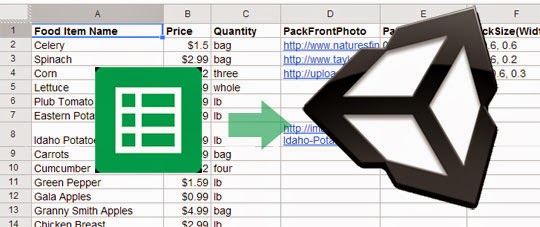Indie developers think about money a lot, and whether game development can sustain them. If you've managed to make a good living with selling your game on Steam, that's great and I'm happy for you. Now what about the rest of us? What if a game developer can have a different relationship with society, outside of a market model where self-identified hardcore gamers buy and consume stuff on Steam or in bundles?
There are two kinds of indie game developers: the ones who wanted to break away just from publishers, and the ones who want to break away from the game industry as a whole. A lot of the latter involves convincing gamers as well as the
huge vast world outside of self-identified hardcore gamers to change their attitudes about what kinds of games are worth playing, worth making, and worth supporting.
What if we take games, but re-frame them in other terms with other values? What if couples commissioned games for weddings, or what if communities built games to celebrate their histories?
What if games were a form of journalism? I think the first step towards making these games happen is imagining how they can happen, so here's a bunch of possible game developer futures:





